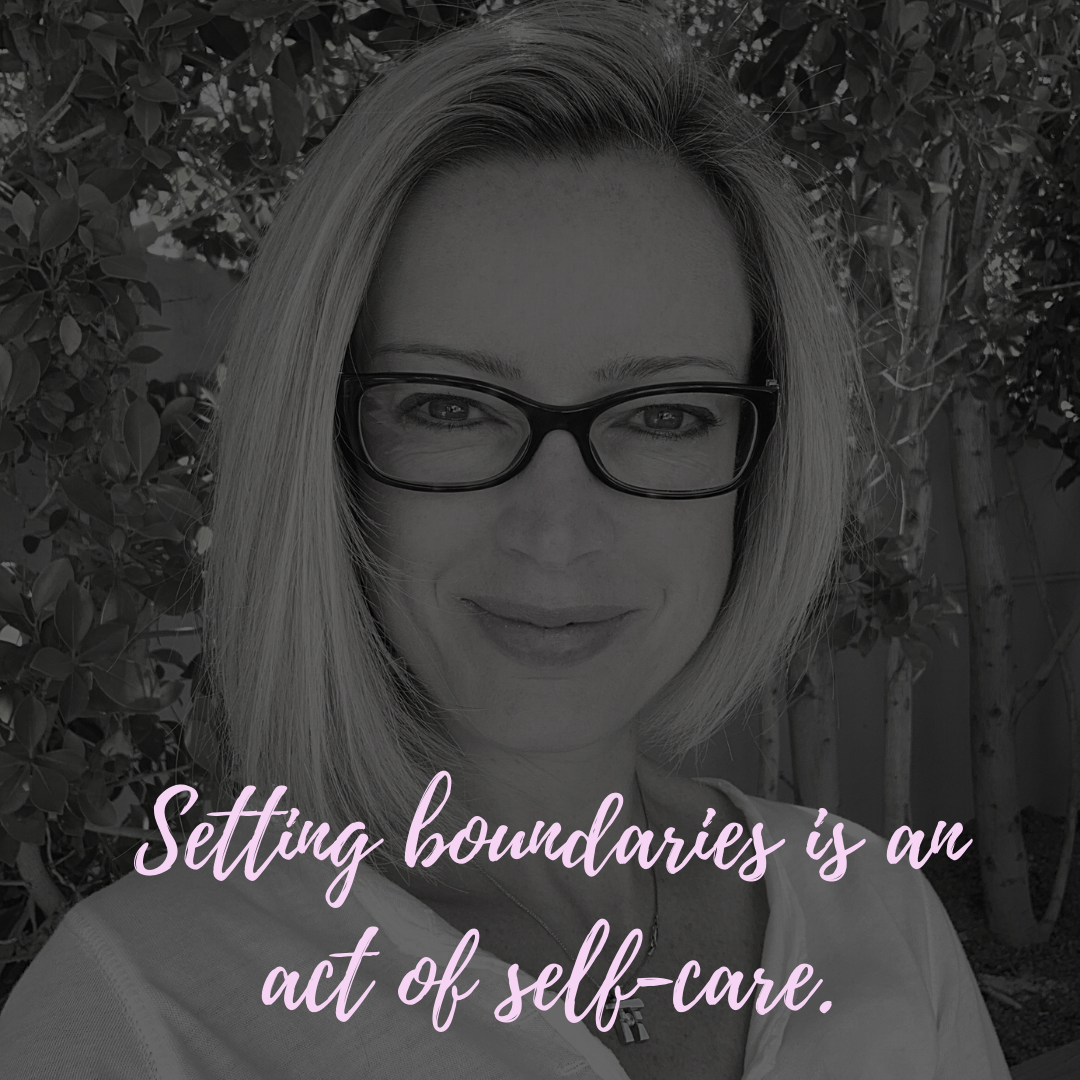|
I recently taught a workshop on fostering emotional intelligence, focussing specifically on the importance of being aware of our emotions as well as allowing ourselves to express our feelings healthily. When it came to discussing how to express our feelings, the workshop attendees brought up many questions and concerns which include variations of the following:
How do you tell someone you aren’t happy that they keep cancelling plans with you? How do you tell someone that you don’t like their behaviour towards you? How do you tell someone you don’t like how they speak to you? When I asked what was preventing individuals from speaking up and honouring their feelings, I received the all too common responses:
These responses are all too familiar because I have been there. I have been the people pleaser that avoids conflict. I have been the person that invalidates my own feelings in favour of the needs of others. And I can tell you; it is not healthy. It leads to resentment, damaged relationships and sometimes burnout. So, in answer to the above questions, this is what I suggested that my workshop attendees say in response to the following: Question: How do you tell someone you aren’t happy that they keep cancelling plans with you? Response: Can you help me understand why you keep cancelling plans with me? Is there something going on in your personal life that I need to be mindful of? Question: How do you tell someone that you don’t like their behaviour towards you? Response: I don’t appreciate you treating me this way. Can you share with me why you feel it is acceptable to do so? Question: How do you tell someone you don’t like how they speak to you? Response: I don’t appreciate how you are speaking to me. Please can I request that we have a kind, open, and constructive dialogue instead? Responding in the above way does not ‘attack’ the other person, nor is it likely to induce an egoic, defensive response, but instead is a way of honouring and communicating your feelings and boundaries in a constructive manner that is conducive to an open and honest conversation. I appreciate that it is uncomfortable setting and communicating our boundaries, particularly if we are not used to doing so. However, it is imperative to do so if we want to build a fulfilling and happy life. If we do not set boundaries or if we regularly breach them, we become a victim to other people and situations, and this can lead us to feel a lack of respect for ourselves. It can also make us feel as though our needs and desires are being invalidated. By setting boundaries, realise that:
To take your power back, you need to define your boundaries by:
0 Comments
Leave a Reply. |
�
Claire RogersHi! Welcome to the Mindset Coaching Blog, where I will be sharing with you how to develop healthy habits and empowering beliefs. Blog Categories
All
Ready to further your personal development journey?
Sign up for the the iTopia Signature Coaching Program: Getting Out of the Rut by Getting Unstuck! An online self-directed mindset coaching program built on the idea that life satisfaction and happiness comes from pushing past limiting beliefs, the status quo and our comfort zone. |



